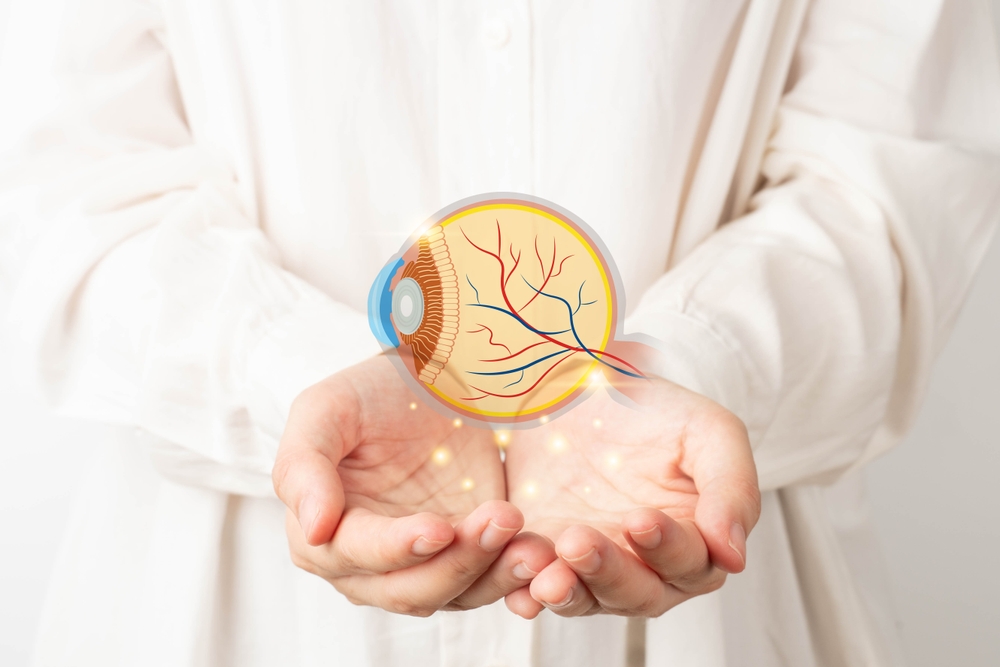
Myopia, or nearsightedness, is becoming increasingly common, affecting children at younger ages and progressing more rapidly than ever before. Early intervention is crucial in managing myopia and reducing the risk of long-term eye health complications. At Winchester Optical, we prioritize proactive myopia control strategies to help children maintain optimal vision and eye health.
Understanding Myopia
Myopia occurs when the eye grows too long, causing light to focus in front of the retina instead of directly on it. This results in blurry distance vision while near vision remains clear. Myopia can develop due to genetic and environmental factors, including prolonged near work, excessive screen time, and limited outdoor activities.
Why Early Intervention Matters
If left unmanaged, myopia tends to progress, increasing the risk of serious eye conditions such as retinal detachment, glaucoma, cataracts, and myopic maculopathy later in life. By implementing early myopia control measures, we can slow or even halt progression, preserving long-term eye health.
Myopia Control Options
At Winchester Optical, we offer several evidence-based myopia management strategies tailored to each individual's needs:
1. Orthokeratology (Ortho-K)
Ortho-K lenses are specially designed gas-permeable contact lenses worn overnight. They gently reshape the cornea, temporarily correcting myopia so that patients can enjoy clear vision throughout the day without glasses or contact lenses. Studies show that Ortho-K can significantly slow myopia progression in children.
2. MiSight® 1 Day Contact Lenses
These soft daily disposable contact lenses are FDA-approved for myopia control in children. MiSight lenses use a special optical design that not only corrects vision but also signals the eye to slow down its growth, helping to manage myopia progression.
3. Atropine Eye Drops
Low-dose atropine drops have been shown to effectively slow myopia progression in children. They work by relaxing the eye's focusing mechanism, reducing the stimulus for excessive eye growth. Atropine treatment is often used in combination with other myopia control methods for optimal results.
4. Lifestyle and Behavioral Modifications
Encouraging children to spend more time outdoors (at least 90 minutes daily) has been linked to reduced myopia progression. Additionally, implementing the 20-20-20 rule—taking a 20-second break every 20 minutes while using screens—can help reduce eye strain and support healthier visual development.
Schedule Your Child’s Eye Exam with Winchester Optical Today
Early intervention is key to protecting your child’s vision for the future. If your child is experiencing worsening nearsightedness, scheduling an eye exam is the first step toward effective myopia management. Our experienced optometrists will assess your child’s vision and recommend the best course of action based on their specific needs.
Contact Winchester Optical to schedule a comprehensive eye exam and explore the best myopia management treatment options for your family. Visit our office in Winchester, Massachusetts, or call (781) 214-3990 to book an appointment today.





